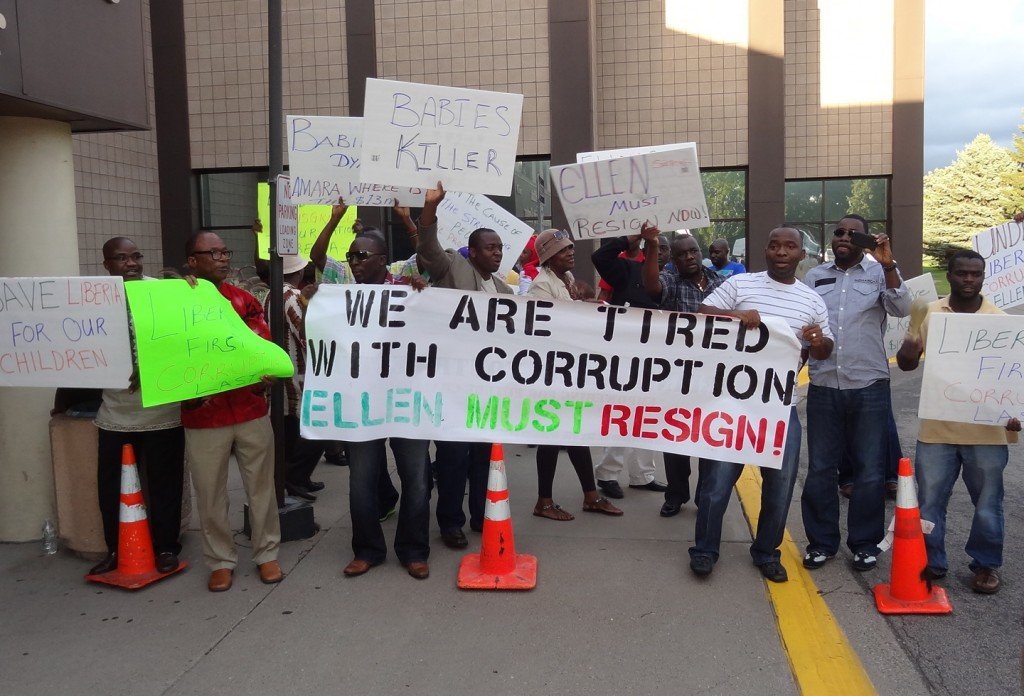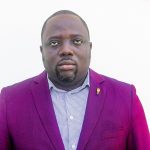Liberia, a historically and culturally rich country, is on the verge of a new age. Following Joseph Boakai’s election as president, the nation is prepared to address one of its longest-standing issues: corruption. Using his previous remarks and the existing level of corruption in Liberia as a starting point, this paper investigates how President-elect Boakai can handle this problem.
The State of Corruption in Liberia
Liberia is considered to be among the most politically corrupt countries worldwide due to widespread corruption at all societal levels. The fact that it is not expressly illegal in Liberia adds to the already severe corruption that exists in a natural resource-rich nation. Liberia receives an extremely low score on the Corruption Perception Index. Liberia is placed 142nd out of 180 nations in the Transparency International Corruption Perception Index for 2023. The nation receives a score of 26 out of 100 on the index. Despite shifts in leadership, accusations of cronyism, nepotism, and patronage have persisted in Liberia.
Boakai’s Stance on Corruption
The incoming president, Joseph Boakai, has been outspoken in his criticism of corruption. He summed up his thoughts on the topic in public life as follows in an interview with an international television station: “African leaders should fight against corruption in all its manifestations because it leads to underdevelopment and deprivation.” He also said, “Our people need to have a country that they can call their own, a country that they can respect and corruption has been an impediment”. He declared that a “sword drawn against corruption” would be present.
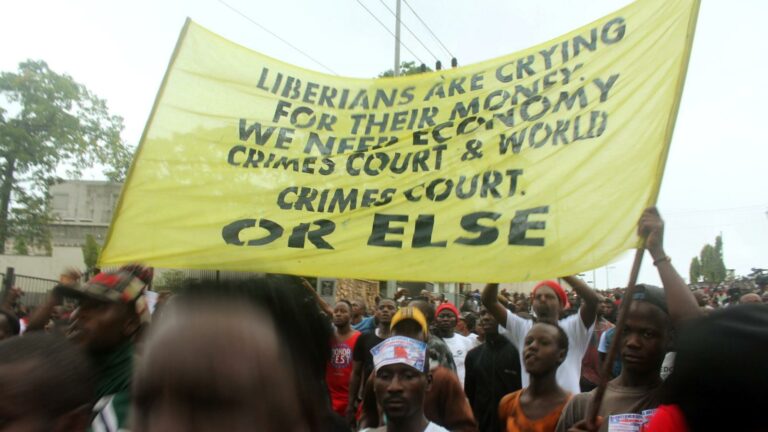
George Weah’s Government and the Fight Against Corruption
The administration of George Weah has advanced the battle against corruption in Liberia in many ways. Despite opposition and demonstrations, there have been noteworthy attempts to address this widespread problem.
Weah’s administration made a number of important decisions, including implementing high-profile programs to cut public spending and fight corruption in the public sector. This action demonstrated the government’s unwavering commitment to fostering accountability and transparency.
When the nation’s integrity institutions gave him the final dossier from the National Anti-Corruption Conference in 2020, President Weah reaffirmed his commitment to the battle against corruption. The resolution included suggestions, plans of action, and techniques to fight corruption in the public sector of Liberia.
On the other hand, a dispute surrounding the Central Bank cast doubt on the government’s ability to combat corruption. Weah responded by announcing the departure of the governor of the central bank and ordering an infusion of cash into the economy to curb inflation, alleging a “major lack of systems and controls” at the organization.
Weah’s administration has demonstrated a dedication to combating corruption in spite of these obstacles. Though there are still many challenges ahead, these initiatives are a positive start. It is anticipated that Liberia’s governance, accountability, and transparency will significantly improve as long as the government keeps enforcing anti-corruption policies.
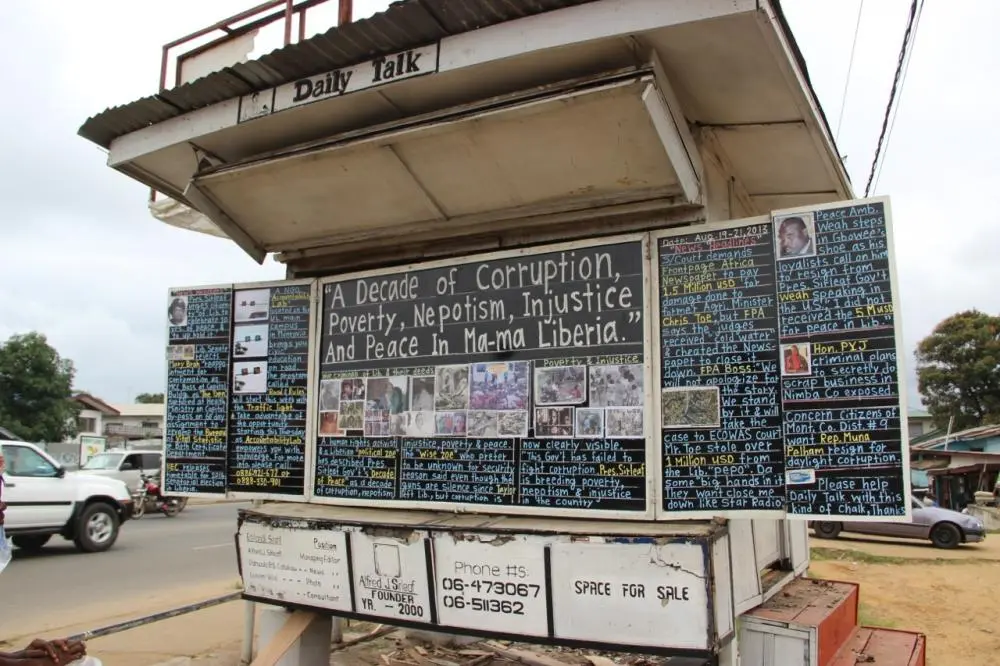
A Path Forward: Recommendations for Tackling Corruption
Given the current state of corruption and Boakai’s stance, here are some recommendations for the President-elect to tackle corruption:
Laws Opposing Corruption: Since corruption is not expressly considered a criminal offense in Liberia, enacting laws that do so could be a major step in the direction of reducing corruption. There are current laws that can be strengthened to meet international standards and coordinated best practices through a stated strictly adhered-to system spelled out in statutes.
Accountability and Transparency: Improving accountability and transparency in government operations can aid in the decrease of corruption. This can entail opening up government transactions to the public and putting in place stronger auditing protocols.
Enhancing Anti-Corruption Institutions: Improving the Liberia Anti-Corruption Commission and other anti-corruption agencies can aid in the successful combat of corruption. Working collaboratively with anti-graft none state actors like CENTAL, Integrity Watch, and Accountability Lab to make the
Public Awareness Campaigns: Raising awareness of the negative impacts of corruption among the general public can contribute to the development of a society that does not accept it.
Protection for Whistleblowers: Enacting robust legislation to safeguard whistleblowers can incentivize people to come forward with reports of wrongdoing without worrying about facing reprisals.
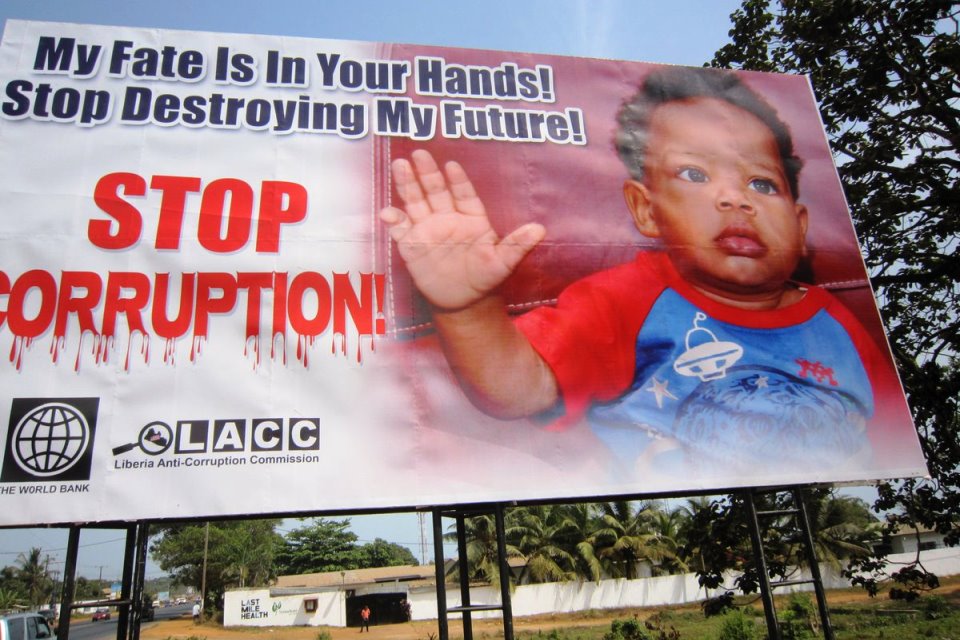
Additionally, the government of Liberia can tighten the public procurement system to avoid corruption through several measures:
Open Contracting: This refers to the practice of keeping the entire procurement process visible, from the initial advertisement to the final awarding of the contract.
Enhanced Integrity and Transparency: Implementing rules about open competition and transparency can limit opportunities for collusion. Procurement officers are prohibited from receiving gifts and benefits as part of this.
Monitoring Mechanisms: Corrupt practices can be found and corrected with the use of routine audits and evaluations of procurement procedures.
Training of Procurement Officials: The probability of corruption can be decreased by giving officials the instruction they need to comprehend and handle the complexities of the procurement process.
Using Technology for Real-Time Output: Liberia can increase efficiency and openness in public procurement by integrating technology. Digital tracking systems, e-procurement tools, and open contracting platforms can help achieve this. These innovations can guarantee fair competition, offer real-time updates, and lessen the likelihood of corruption.
Corporate Integrity and Incentives: Promoting clean corporate practices and holding businesses to high ethical standards can both aid in the fight against corruption.
Early Intervention Approach: Corruption conspiracies can be stopped in their tracks by using prompt warning signs.
Congruently, the government of Liberia can tighten its grip on recurrent expenditures to reduce corruption through several measures:
Transparency: To lessen the discretionary power of businesses and officials alike, minimize the preferential profits from corruption, and lower the mean and dispersion of bribery, increase the transparency of business-public official interactions.
Accountability Initiatives: Put in place measures that promote accountability, like the contractual duties of service providers. For example, quality assurances for road repair work should be included; if these are broken, the contractor should bear the responsibility rather than the government.
Governance Procedures: Make general governance procedures stronger. A stable system of governance with clearly defined and balanced powers for each involved actor, sufficient time and proper procedures for government negotiations, and clearly communicated budget “envelopes” (aggregated amounts for spending units) can all help to lessen the likelihood that the budget will be allocated to serve the interests of only a few top-level individuals.
In conclusion, Joseph Boakai’s election offers a rare chance for change even if combating corruption in Liberia is a difficult challenge. President-elect Boakai has the opportunity to help Liberia into a new age of accountability and transparency by spearheading a decisive campaign against corruption. Implementing these measures requires strong political will and commitment to transparency and accountability.
Liberian-born Emmanuel Orlind Cooper is an accomplished multimedia journalist with extensive experience covering news and stories on a variety of media platforms. Orlind's work frequently demonstrates his profound grasp of the region and its complexity, given his Liberian heritage.
Now residing in Woodbridge, Virginia, he keeps connecting with readers across continents with his perceptive journalism and sharing his viewpoint. He is well-respected in the sector because of his unwavering commitment to honesty and morality, which sets him apart in the field.
Orlind's work is more than simply his job; it's a dedication to giving voice to the voiceless, illuminating unsung tales, and advancing the worldwide conversation on important concerns. His goal as a journalist is to use the media's power to change the world, not just to disseminate information. He is a key player in modern journalism because of the inspiration, education, and engagement that his work consistently provides.

